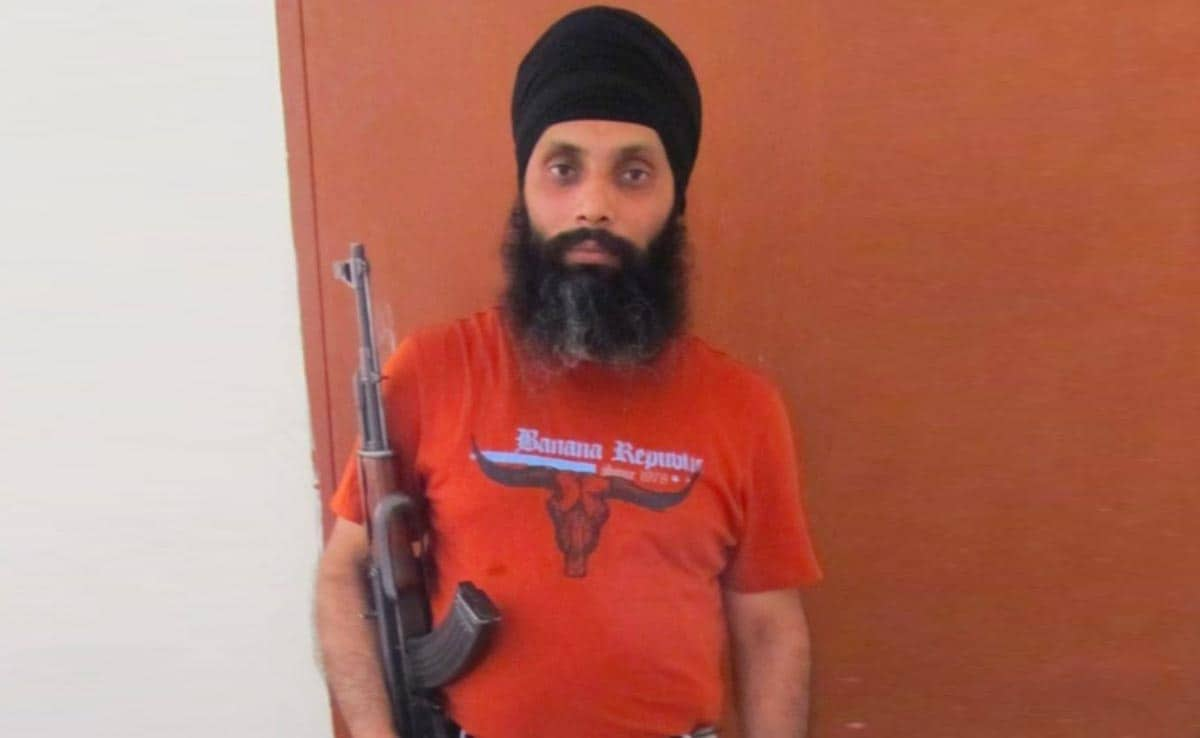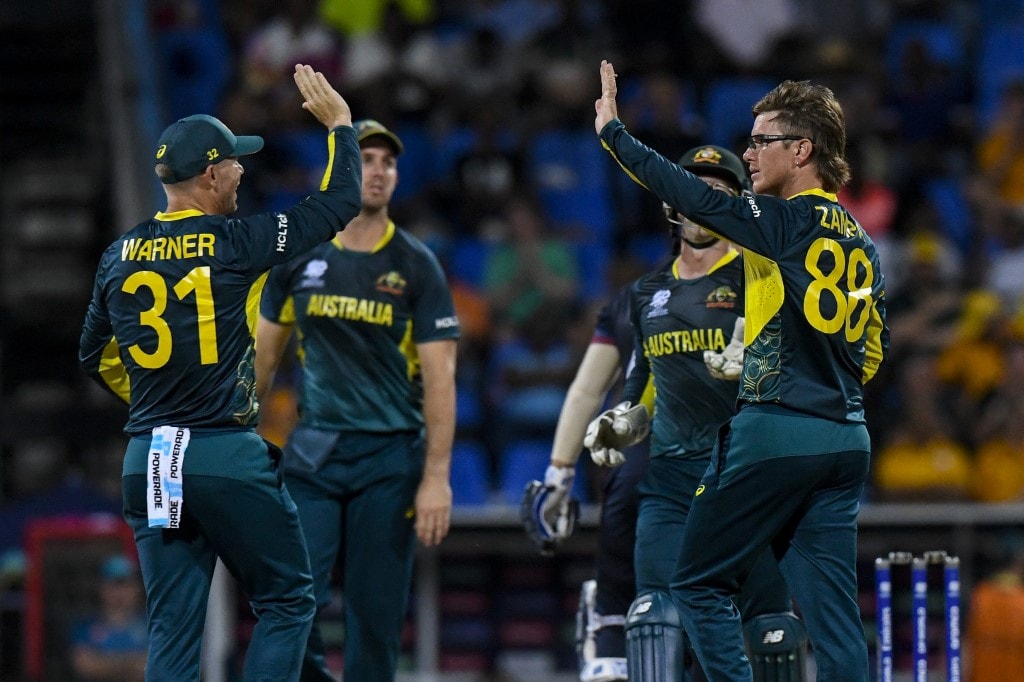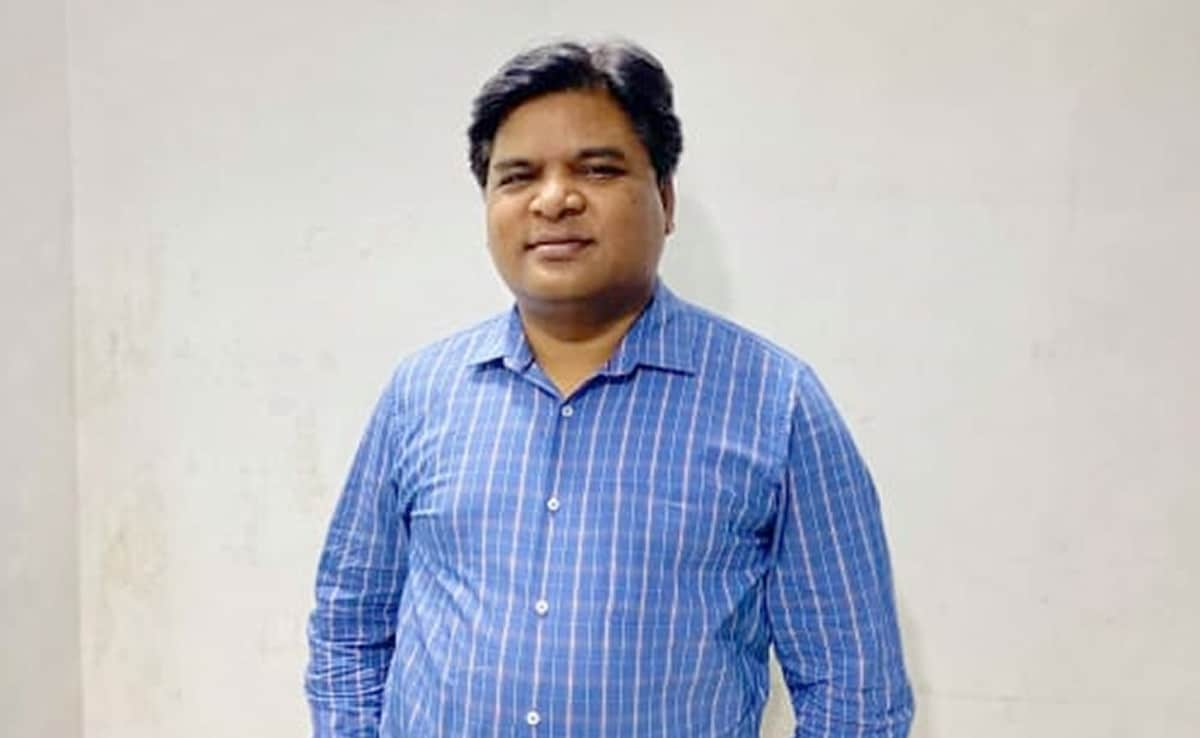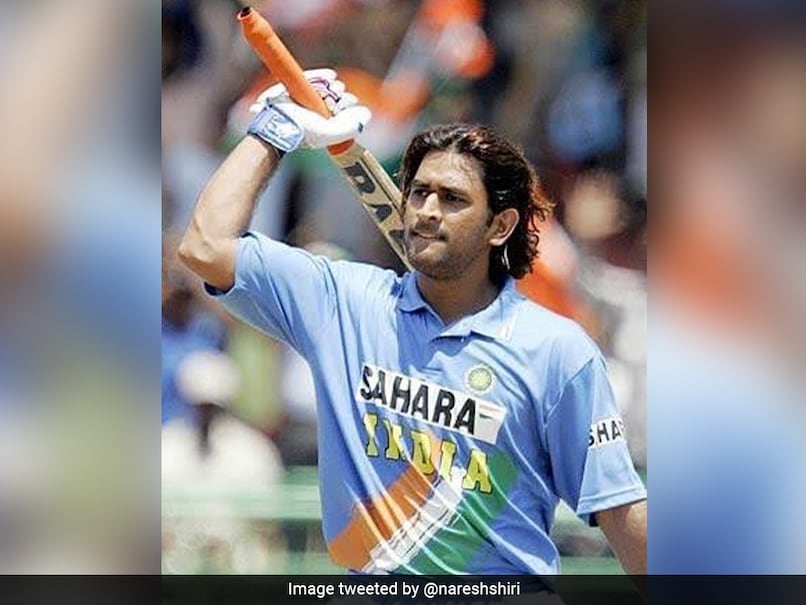Union Finance Minister Nirmala Sitharaman addressing the media on Union Interim Budget at National Media Centre, in New Delhi.
| Photo Credit: Sushil Kumar Verma
In Finance Minister Nirmala Sitharaman’s Interim Budget speech months before the country goes to the Lok Sabha election, the Narendra Modi-led government’s social justice plank is clearly spelt out with the government looking to cover the development of all castes and their administrative focus on ensuring “resources are distributed fairly regardless of social standing”.
This is manifested in the way the government has chosen to measure its progress on social justice in terms of policy impacts on “four major castes — poor, women, youth, and farmers” as posited by Prime Minister Narendra Modi last year and presented by Ms. Sitharaman in Thursday’s speech.

Use of ‘caste’
In the section on social justice, Ms. Sitharaman’s speech mentions “caste” just twice with reference to the above-mentioned points and not once mentioning marginalised groups like the Scheduled Castes, Scheduled Tribes, Other Backward Classes specifically.
Also Read: Puffed-up and poll-ready: Nirmala Sitharaman’s first Interim Budget
“Our government is working with an approach to development that is all-round, all-pervasive and all-inclusive. It covers all castes and people at all levels,” Ms. Sitharaman said, adding, “Previously, social justice was mostly a political slogan. For our government, social justice is an effective and necessary governance model. The saturation approach of covering all eligible people is the true and comprehensive achievement of social justice. This is secularism in action, reduces corruption, and prevents nepotism.”
“The resources are distributed fairly. All, regardless of their social standing, get access to opportunities. We are addressing systemic inequalities that had plagued our society,” the Finance Minister said.
In speaking about the progress achieved on the social justice front under the leadership of Prime Minister Narendra Modi, the Finance Minister thus ensured that policy impact on the “four major castes” — poor, women, youth, and farmers — were in the spotlight such as the coverage under projects like PM-Svanidhi for street vendors, PM-Jan Dhan account penetration, PM-KISAN SAMMAN coverage, the Skill India Mission, PM Mudra Yojana for start-up loans, etc.
For marginalised groups
The only mention of specific policy targeted towards marginalised groups in Ms. Sitharaman’s speech was the PM-JANMAN programme for Particularly Vulnerable Tribal Groups (PVTGs) except for a mention of enmasse development schemes for Divyangjan (persons with disabilities) and transpersons.
While Ms. Sitharaman’s speech touched upon the women’s reservation law passed by Parliament last year and the abolition of triple talaq, there was no mention of the demand for specific SC/ST/OBC reservations within the women’s quota and how the government was looking to address this.








